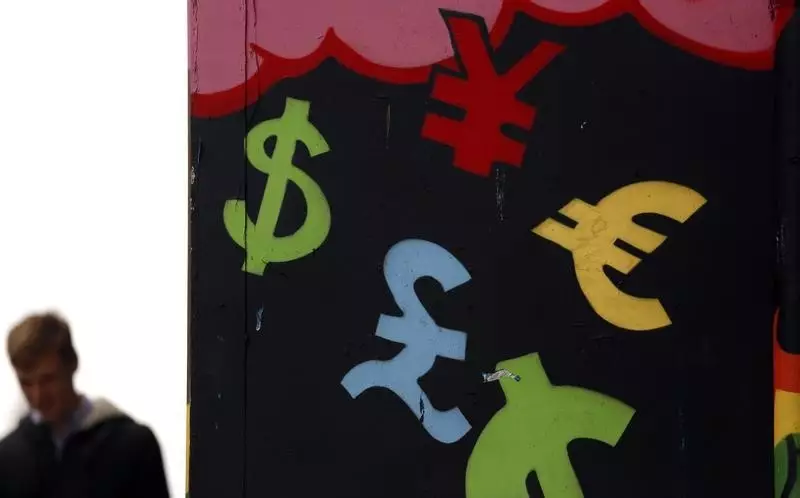In a significant step in U.S.-Vietnam relations, newly appointed Secretary of State Marco Rubio engaged in a vital conversation with Vietnam’s Deputy Prime Minister and Foreign Minister, Bui Thanh Son. This call marks the inaugural diplomatic communication between the two countries’ top officials under the administration of President Donald Trump, reflecting a renewed commitment to deepening bilateral ties. The discussion underscored not only the 30 years of diplomatic relations but also highlighted the challenges and opportunities that lie ahead in this evolving partnership.
One of the critical topics during the dialogue was the pressing trade imbalance between the United States and Vietnam. As of late 2024, the U.S. reported a staggering trade deficit exceeding $110 billion with Vietnam, exacerbated by the Southeast Asian nation experiencing a significant depreciation in its currency. This scenario places Vietnam in a precarious situation, as the economy heavily leans on exports amid whispers of potential tariffs from the U.S. administration. Rubio’s encouragement for Vietnam to address this imbalance indicates the U.S. is seeking a more balanced trading relationship, one that is sensitive to both economic realities and political optics.
Emphasizing a shared commitment to regional security, Rubio and his Vietnamese counterpart expressed mutual concerns about China’s assertive maneuvers in the South China Sea. As both nations seek stability in a region increasingly influenced by a rising China, discussions regarding security cooperation are more relevant than ever. The economic partnership, underscored by a Comprehensive Strategic Partnership established in 2023, is now intertwined with broader geopolitical strategies aimed at countering Chinese influence.
Despite the burgeoning relationship, analysts remain cautious. The economic prosperity that Vietnam has enjoyed thanks to its status as an export hub is now threatened by the substantial trade deficit and the U.S. administration’s previous designation of Vietnam as a currency manipulator. With major U.S. companies such as Apple and Google relying on Vietnam for production, the implications of any trade restrictions could ripple through the supply chains, affecting not just U.S. businesses but also the Vietnamese economy.
Furthermore, the need for Vietnam to adapt to the U.S. expectations regarding trade practices opens up discussions about the internal reforms necessary for sustainable growth. Policymakers in Vietnam will have to balance their economic ambitions with the strategic demands of their most significant trade partner, ensuring that their appeal as a production center remains intact while navigating international pressures.
The recent dialogue between Secretary Rubio and Deputy Prime Minister Son highlights a pivotal moment for U.S.-Vietnam relations. As both nations navigate their intertwined economic, political, and security landscapes, it will be essential to address existing disparities while reinforcing diplomatic communication channels. The evolution of this partnership may not only shape the future of trade and security in Southeast Asia but could also redefine the global dynamics influenced by U.S. engagement in the region.


Leave a Reply